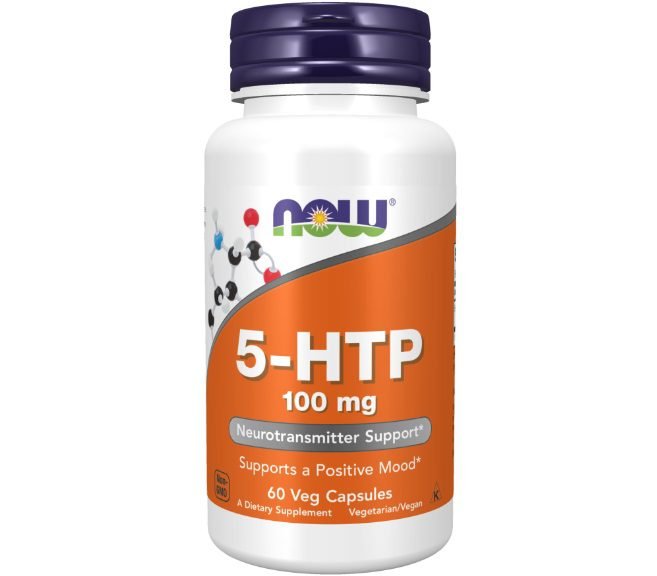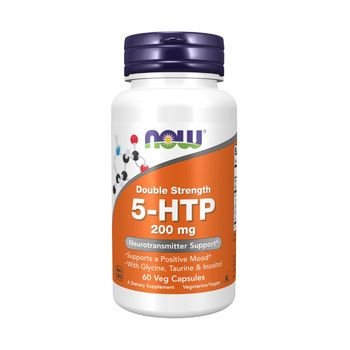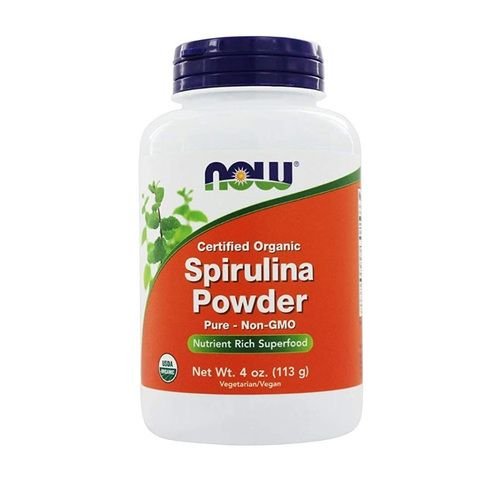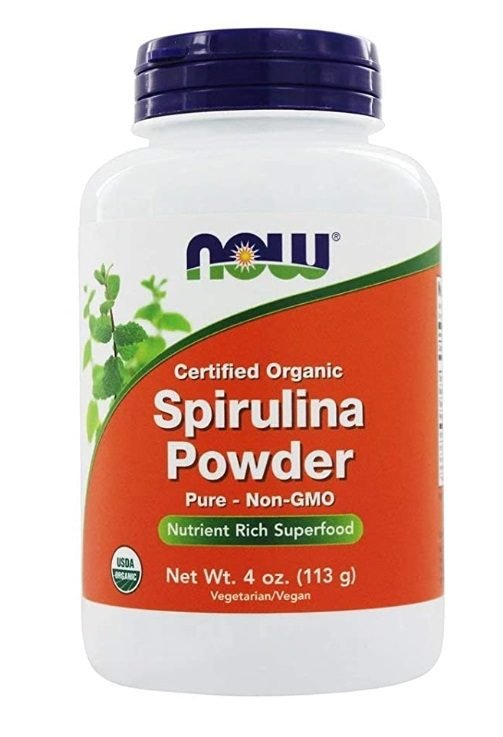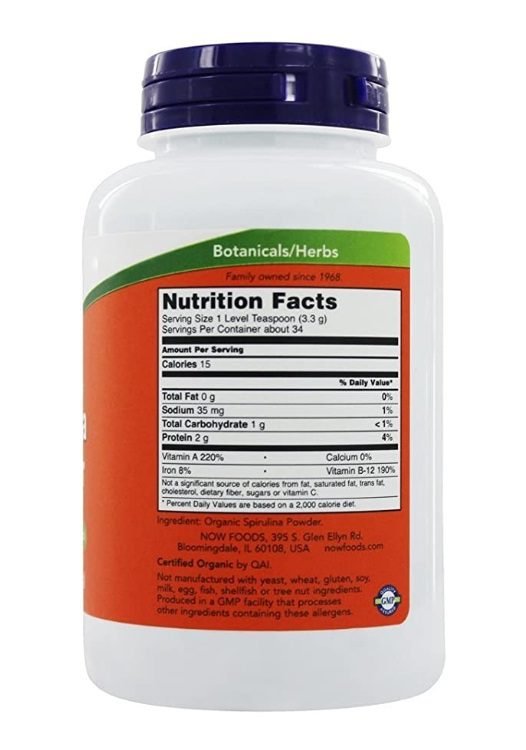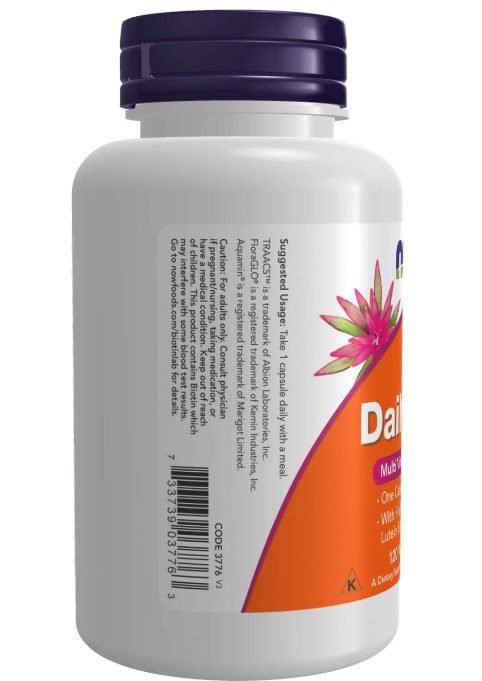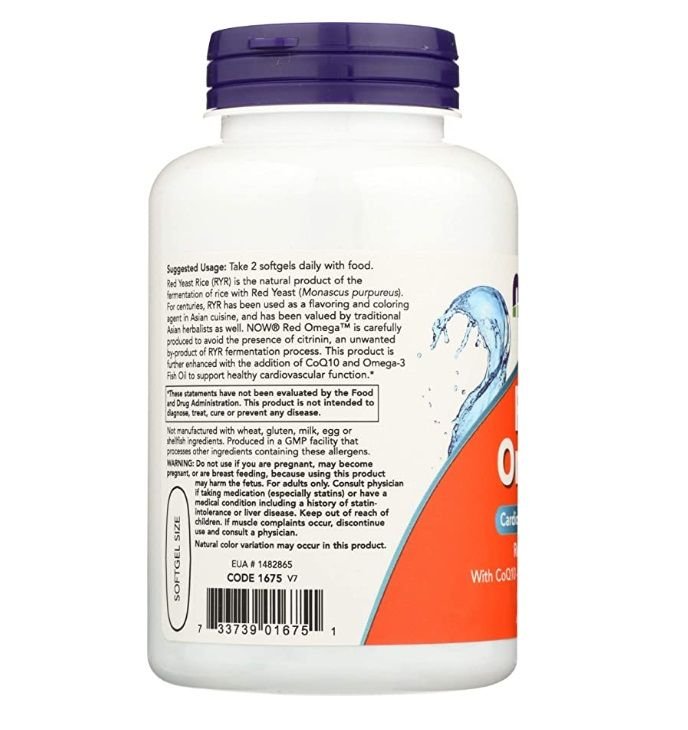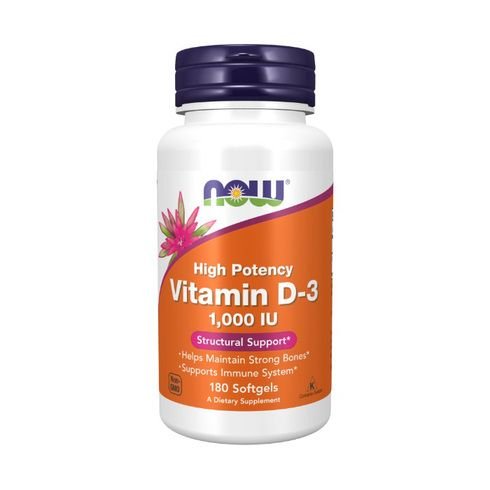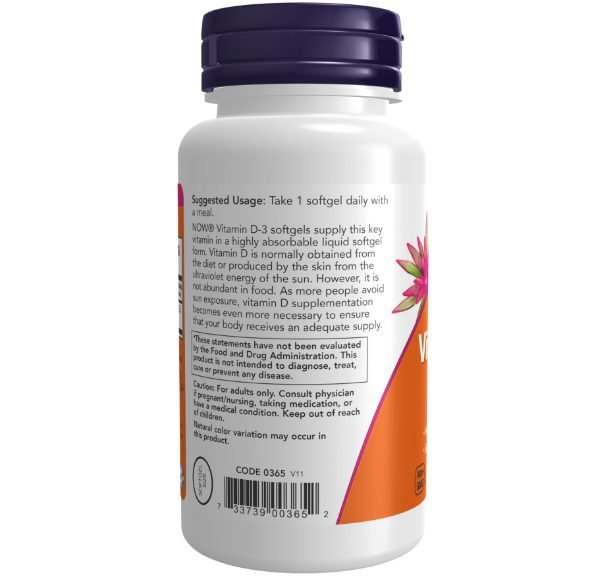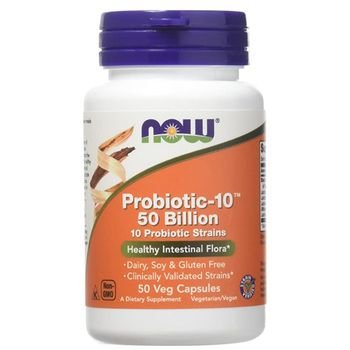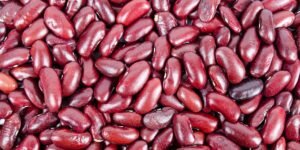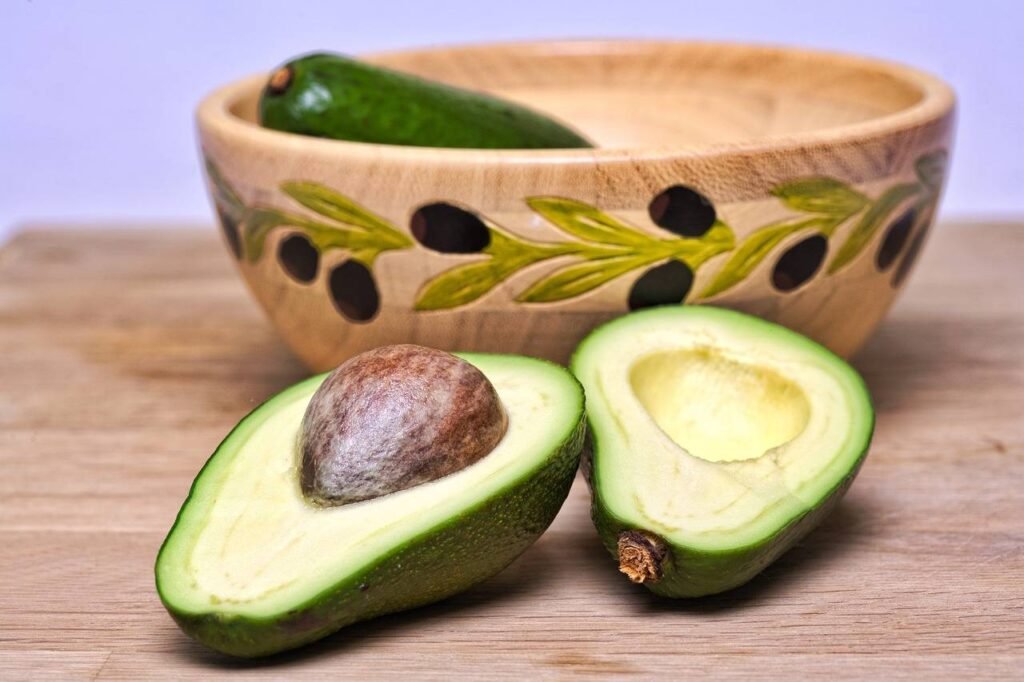
The Magical Avocado Can Lose Weight and Skin Care
Avocado is an important tropical fruit native to Central America and Mexico. Evidence that avocados began to be eaten by humans about 7,000 years ago, and are cultivated in all tropical and subtropical regions. Different from other fruits, avocado contains very low sugar content, only about 0.2 grams of sugar per half. In addition, avocado has high nutritional value, rich in vitamins, minerals, protein, Lutein, vitamins, phenolic antioxidants and dietary fiber. It has a high concentration of unsaturated fatty acids (60.28% oleic acid, similar to virgin olive oil). To the world, it is known as super food, rich in taste. For cooking, it is often added to various dishes or sold as avocado oil for salad dressing.
Different varieties of avocados are grown around the world and come in a variety of shapes and colors, from pear-shaped to round, green to black, of which the Hass and Fuerte varieties are most commonly eaten.
What are the benefits of Avocado?
-
-
- Improves satiety and helps weight control
Addressing obesity requires dietary strategies to reduce energy intake, and satiety is an important factor in curbing overeating. Identifying eating patterns and foods that promote satiety without significantly increasing energy intake is important for promoting healthier eating. Adding about half an avocado to a meal increases feelings of fullness 3 to 5 hours after eating, and reduces the desire to eat between meals.
- Improves satiety and helps weight control
-
- Good for skin health
The skin is the largest organ of the human body and protects the body from environmental stressors, such as solar radiation, industrial pollution, fossil fuels and carbon emissions. This exposure also makes it very prone to prematurely accelerated aging, leading to cellular and structural changes of the skin. Eating avocados every day can reduce the damage of the skin and enhance the elasticity and firmness of healthy facial skin,
- Good for skin health
-
- Good for gut health
Diet is one of the key regulators of intestinal microbiota composition, which directly affects the microbial balance in the body. Eating avocado can reduce the concentration of fecal bile acids, increase the content of fecal fatty acids and short-chain fatty acids, and increase the relative abundance of fiber-fermenting bacteria. This proves that this nutrient-rich food affects digestive physiology, as well as the composition and metabolic function of the gut microbiota, and gut bacteria can affect whether a person is prone to obesity or has excess weight. If you adopt a high-fiber diet, you can improve the fine types in your gut, which will not only make your body healthier, but also make weight loss easier.
- Good for gut health
- Improve cardiovascular disease
Cardiovascular disease includes diseases that affect the heart and blood vessels throughout the body, such as coronary artery disease, arrhythmia, angina, stroke, etc. Common symptoms of cardiovascular disease include: long-term pressure or burning pain in the center of the chest, arm pain, shortness of breath, dizziness, nausea, chills, sweating and weak pulse. Consumption of avocado can improve the concentration of high-density lipoprotein cholesterol (HDL-cholesterol) and reduce abnormal fat accumulation in the liver, pancreas, kidneys which are risk factors for cardiovascular disease.
-
Safety precautions
-
-
- Those who are allergic to pollen, nuts, or latex should be careful. Eating avocados may also cause allergies. Within one hour after eating avocados, food allergy symptoms such as itching in the mouth and throat, skin rashes, abdominal pain, and vomiting will occur.
-
- Because avocado is rich in fermentable carbohydrates (FODMAPs) such as oligosaccharides, disaccharides, monosaccharides and polyols, it may cause symptoms related to irritable bowel syndrome, such as abdominal pain, bloating and diarrhea.
-
- Avocados contain a small amount of tyramine, which may trigger migraines if you are allergic to this substance.
- Since avocados are rich in vitamin K1, if you take the anticoagulant drug Warfarin (a vitamin K antagonist), please pay special attention to the total intake of vitamin K in food. Excessive intake of vitamin K may reduce the efficacy of the drug and cause blood clotting problems.
-
Avocado Weight Loss Recipe – Zoodle with Avocado Sauce
Zoodle is a name derive from zucchini noodles, which use a machine to make spiral noodles from zucchini.
Click the image to buy from Amazon
Ingredients: 1 zucchini, 1 avocado, 1 tablespoon of lemon juice, about 20 grams of basil leaves, pine nuts, olive oil, parmesan cheese, one tablespoon of minced garlic, a pinch of salt, a pinch of pepper
Method:
1. Make the zucchini into noodles. Use a spiral plane specially designed to make zoodles to shave the zucchini into a long “spaghetti” state. The price of the spiral planer varies from tens pounds to hundreds of pounds.
2. Fry zoodle in olive oil with slow fire.
3. Scrape the avocado to remove the core and remove the pulp
4. Put avocado pulp, lemon juice, basil leaves, pine nuts, olive oil, Parmesan cheese, minced garlic into a blender and mix them together.
5. Mix the avocado sauce into the zoodle and cook them in slow fire.
Warning:
When you heat olive oil to its smoke point, the beneficial compounds in oil start to degrade, and potentially health-harming compounds form. Hence, olive oil is suitable for slow cooking. Do not heat the zoodle at high temperature as toxic substance will emit.

Book Recommodation
Supplement For Obesity
-
Benefit of Spirulina
- Rich in a variety of nutrients, it can be called a natural multivitamin.
- Aid in weight loss.
- Beneficial for male infertility.
- Beneficial for allergic rhinitis.
- Good for fatigue.
- Beneficial for chronic hepatitis C.
- Beneficial for Thalassemia.
- Beneficial for NAFLD
- Improve nutritional status.
- Increase detoxification.
- Beneficial for hyperlipidemia.
-
Benefit of Now Foods Omega-3, Molecularly Distilled 30 Softgels
- Fight Depression and Anxiety.
- Improve Eye Health
- Promote Brain Health During Pregnancy and Early Life.
- Improve Risk Factors for Heart Disease.
- Reduce Symptoms of ADHD in Children.
- Reduce Symptoms of Metabolic Syndrome.
- Fight Inflammation.
- Fight Autoimmune Diseases.
- Improve Mental Disorders.
- Fight Age-Related Mental Decline and Alzheimer’s Disease.
- May Help Prevent Cancer.
- Reduce Asthma in Children.
- Reduce Fat in Your Liver.
- Improve Bone and Joint Health.
- Alleviate Menstrual Pain.
- May Improve Sleep.
- Good For Your Skin
-
1. Maintain Heart Health
2. Treat Mental Illness
3. Help Lose Weight
4. Support eye health
5. Relieve rheumatoid arthritis symptoms
6. Maintain skin health
7. Helps baby vision and hand-eye coordination
8. Reduce liver fat
9. Improve symptoms of depression
10. Improve ADHD in children
11.Improve memory in the elderly
12. Improve asthma symptoms and allergy risk
13. Improve bone health -
Benefit of Vitamin D-3
1. Reduce fracture and fall risk
2. Good for migraine
3. Beneficial for NAFLD
4. Beneficial for sarcopenia
5. Beneficial for chronic urticaria
6. Benign paroxysmal postural vertigo
7. Beneficial for sleep disorders
8. Beneficial for knee osteoarthritis
9. Beneficial for pneumonia prevention
10. Beneficial for new coronavirus infection
11. Reduce the incidence of preeclampsia
12. beneficial for autism
13. Beneficial for chronic obstructive pulmonary disease
14. Beneficial Cancer Events
15. good for TB
16. Beneficial Helicobacter pylori infection
17. good for gestational diabetes
18. Beneficial for blood lipid regulation
19. Boost male hormones (androgens)
20. Reduced low birth weight and small gestational age births
21. Aids in weight loss (weight loss)
22. prevent cardiovascular disease
23. good for multiple sclerosis
24. Beneficial for asthma improvement
25. Beneficial for major depression
26. Beneficial for Type 2 Diabetes
27. Reduce premature birth rates
28. Beneficial for Polycystic Ovary Syndrome
29. Beneficial for older people’s athletic ability (walking speed)?
30. Improve lower back pain?
31. Beneficial for atopic dermatitis
32. good blood pressure regulation
33. Beneficial for female pattern hair loss
34. Reduce the chance of cognitive impairment
35. Reducing Cold Events: Acute Respiratory Infections
36. Improve breast cancer prognosis and mortality
37. Beneficial Fatigue Phenomenon
38. Beneficial for irritable bowel syndrome
39. Reduce the incidence of schizophrenia
40. Mortality of hospitalized patients
41. Reduces the risk of stridor and asthma in offspring£9.00








